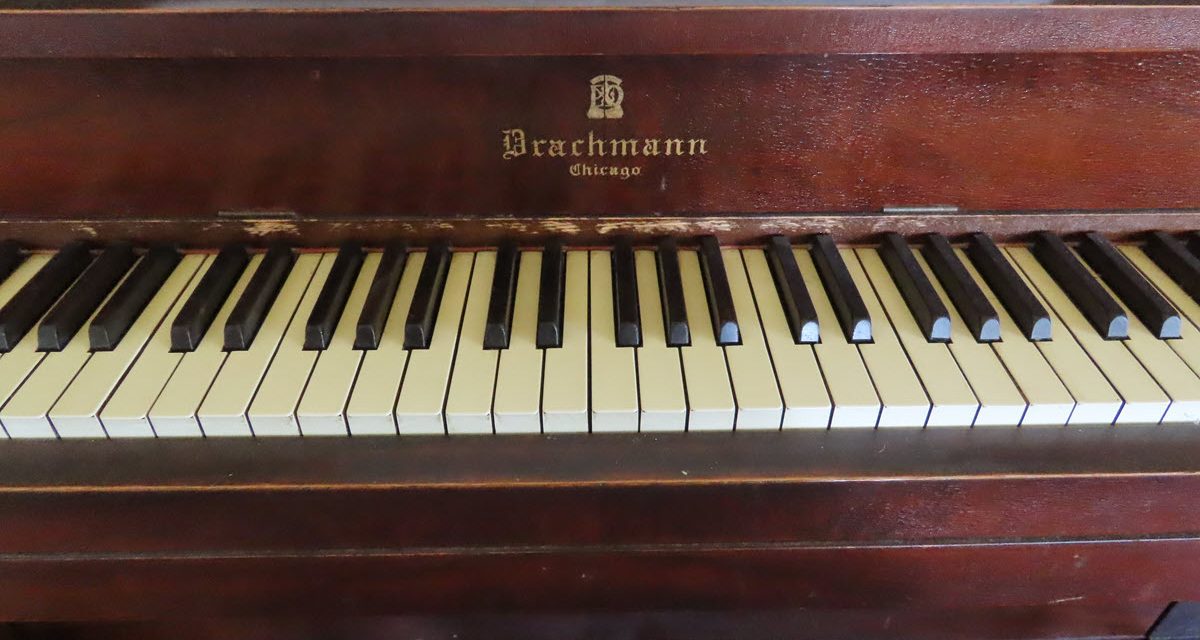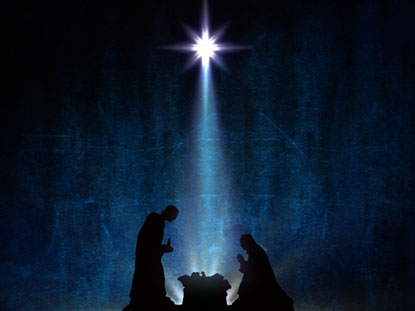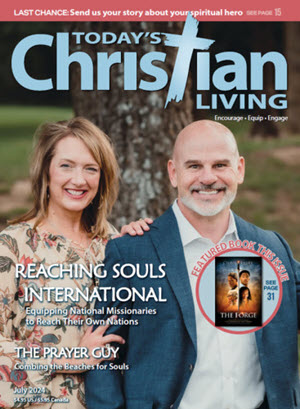When you think of heroes of the faith, who comes to your mind? A great writer like C.S. Lewis? A great evangelist like Billy Graham? A great preacher like Charles Spurgeon? Or a great missionary like Hudson Taylor?
Or how about a great musician like Johann Sebastian Bach?
J.S. Bach probably isn’t the first person who comes to mind when you think of faith heroes. Though we know little of his personal life, it is clear he was a man whose sincere devotion to God was reflected in his family life and in his work.
This great musician and composer knew many sorrows in his life. His parents died when he was young, leaving him an orphan at ten years old. His older brother raised him and passed on their parents’ love for music.
He became a church organist at the early age of seventeen. His first wife died rather suddenly. He and his second wife, Anna Magdalena, had a happy life together. He fathered twenty children in all. Only ten survived to adulthood.
His struggles extended to his professional life, as well. Though he was admired and respected as an organist and musician, his compositions were often under-appreciated, even criticized. It wasn’t until fifty years after his death that he was appreciated for his genius.
Despite these difficulties, or perhaps because of them, J.S. Bach demonstrated a sincere desire to honor God in all He did. He owned a three-volume study Bible, with notes and commentary based on Martin Luther’s sermons and other writings, in which he made personal notes as he poured over the pages. He did more than just study scripture, though. He put what he learned into practice.
From the few personal stories that survive, we know Bach was a devoted father and kind husband who shared his passion for music with his family. He wrote a collection of piano pieces for his wife, a well-respected singer, and four of his children went on to be musicians and composers.
Bach’s commitment to his faith is best represented in his original musical manuscripts. Despite adamant opposition from pietists, who felt Bach’s music was too ostentatious, he continued composing works according to his convictions – music filled with rich harmonies and complex fugues. Furthermore, he made two important notations on each manuscript.
If you ever have an opportunity to see Bach’s original work, you’ll find “JJ” at the beginning and “SDG” at the end. The “JJ” stands for “Jesu Juva”, which translates “Jesus, help me.” The “SDG” is short for “Soli Deo Gloria” or “For the glory of God Alone.”
Whether writing sacred or secular music, this was Bach’s earnest prayer as he sat down to compose:
“Jesus, help me show your glory through the music I write. May it bring You joy even as it brings joy to your people.”
Bach was a humble man:
“I was obliged to be industrious. Whoever is equally industrious will succeed equally well.”
He knew his musical gifts were God-given and offered them back to God at every opportunity. He wrote a prolific number of pieces, many of which were lost. He wrote until he was nearly blind, with limited recognition and financial reward.
When I contemplate Bach’s life story, I am challenged by these two verses that he lived out so well:
“Whatever you do, work heartily, as for the Lord and not for men.”
(Colossians 3:23)
“So, whether you eat or drink, or whatever you do, do all to the glory of God.”
(1 Corinthians 10:31)
We are each endowed with spiritual gifts when we repent and put our faith and hope in God’s redemptive grace. What gift has God given you to use for His glory?
“For we are his workmanship, created in Christ Jesus for good works, which God prepared beforehand, that we should walk in them.”
(Ephesians 2:10)
You can learn more about Johann Sebastian Bach at these sites, which I consulted for this blog’s content:







